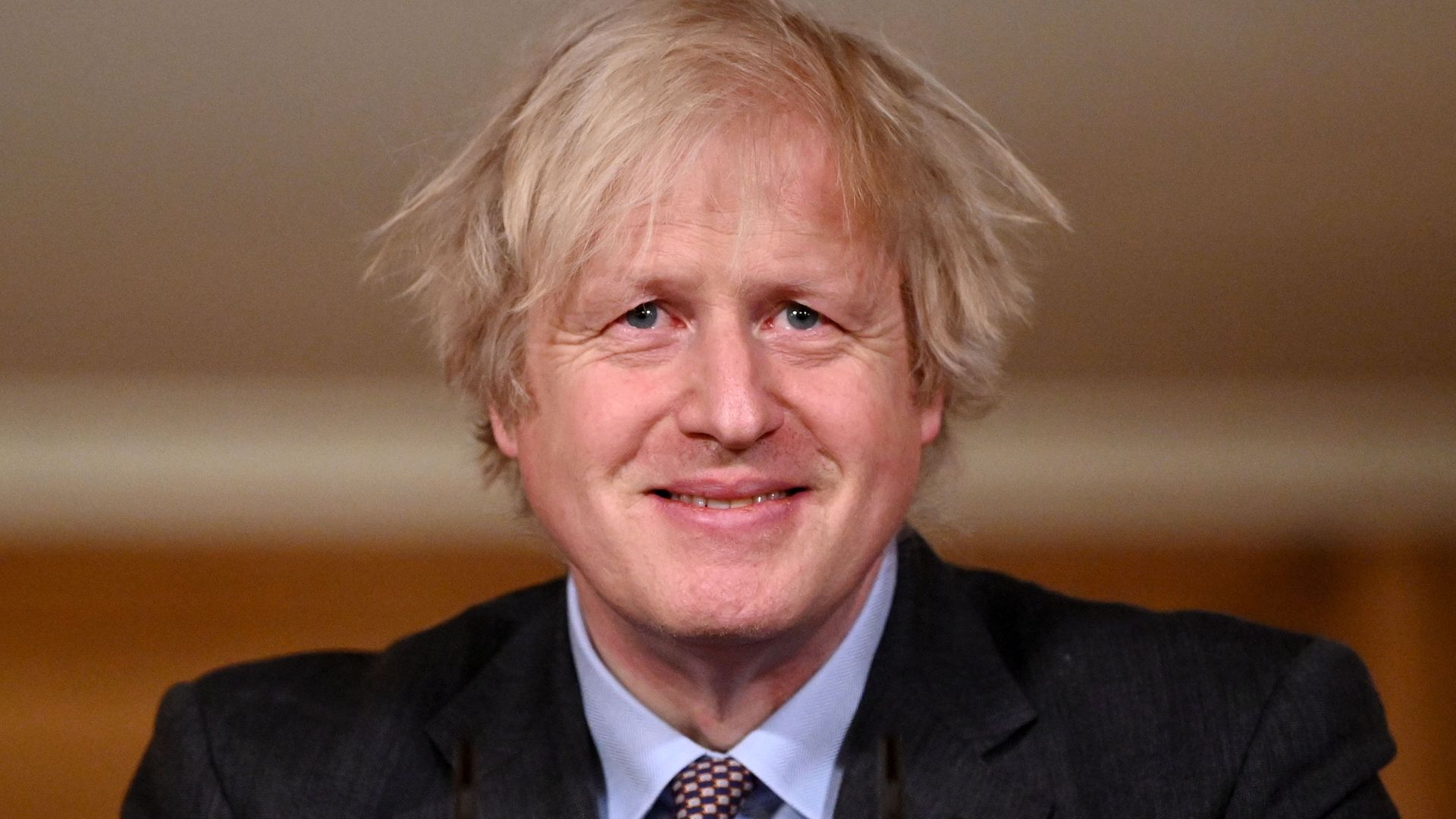
TIM WALKER on the tax implications for the prime minister’s controversial Downing Street makeover.
Boris Johnson‘s cunning plan to have party donors fund the £200,000 refurbishment of the Downing Street flat he shares with Carrie Symonds could trigger a significant personal tax liability for him.
By any reckoning, this amounts to a “gift” and the Ministerial Code is quite clear on this issue. “Gifts of small value, currently this is set at £140, may be retained by the recipient,” it states. “Gifts of a higher value should be handed over to the department for disposal, unless the recipient wishes to purchase the gift abated by £140… if a minister wishes to retain a gift, he will be liable for any tax it may attract.”
Accountants I have spoken to say that if the gift is deemed to come in the 45% rate – probably inevitable given Johnson’s £160,000 prime ministerial salary – he could be left with a £90,000 liability.
The Cabinet Office declined to speculate about the rate of tax any such gift might attract. “The self-declarations of ministers in relation to tax is a personal matter,” their spokesperson said. “The Civil Service would not advise on this.”
The decision to refurbish the flat above 11 Downing Street, where Johnson lives with Symonds, was a personal whim, based on their abhorrence of Theresa May‘s taste in budget John Lewis furniture. That and the quirky way they’ve re-done the apartment – the first thing Johnson’s successor is likely to demand will be a further refurbishment – is likely to make it hard to argue it was for the public good. The decisive factor, so far as the taxman is concerned, is that private funding was used.
Gove puppet
As I’ve noted, Rupert Murdoch‘s Sunday Times has a habit of quoting an anonymous cabinet insider who keeps making improbably flattering comments about Michael Gove. Just lately, the oleaginous source has been absent from the pages of the newspaper, but Jonathan Freedland, in his review of Failures of State: The Inside Story of Britain’s Battle with Coronavirus, wonders if he/she hasn’t been focusing instead on briefing its authors, Jonathan Calvert and George Arbuthnott, who happen also to be Sunday Times hacks.
“Gove is regularly presented as the voice of sober realism in the face of the pandemic, a gloss which has one wondering if the loquacious minister might perhaps have been a generous source,” Freedland speculated in his review of their book.
Unmentioned is how Gove has pirouetted. In April last year, he was reportedly a “run this hot” man – ease restrictions, despite the impact this would have on the death toll – but, more recently, he’s come to be ultra cautious on the issue.
Leigh way
Controversial Tory donor Peter Cruddas made his maiden speech in the House of Lords last week.
His pal Lord Leigh spoke afterwards and said Cruddas was a “role model.” Mandrake reckons the least said about that, the soonest mended.
Newsbeat
Proof, if it were needed, that news these days is what some newspapers want it to be came in a series of headlines reporting the same depressing story on the same day last week.
The New European: “Exports to EU in January plunged by 41% in Brexit horror story”. Financial Times: “UK exports to EU slump as Brexit hits trade.” Guardian: “Exports to EU plunge by 40% in first month since Brexit”. City AM: “Brexit: UK to EU exports collapse by 40% following end of transition period.”
Meanwhile, in the Daily Telegraph it was: “Post-Brexit plunge in exports caused by ‘unique factors’ says David Frost.” Daily Express: “David Frost delivers sharp rebuke over Brexit Britain’s ‘unusual’ trade figures”.
What do you think? Have your say on this and more by emailing letters@theneweuropean.co.uk
Warning: Illegal string offset 'link_id' in /mnt/storage/stage/www/wp-includes/bookmark.php on line 357
Notice: Trying to get property 'link_id' of non-object in /mnt/storage/stage/www/wp-includes/bookmark.php on line 37







